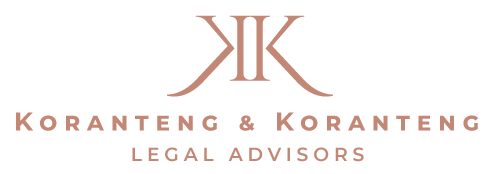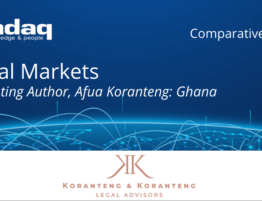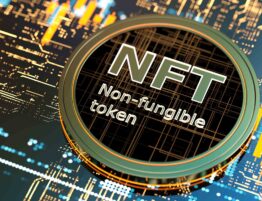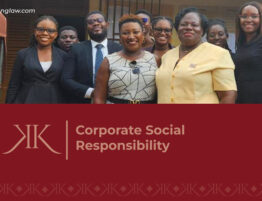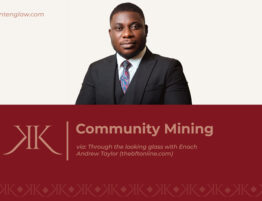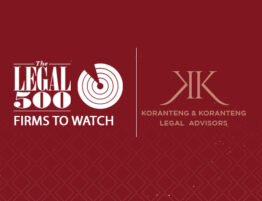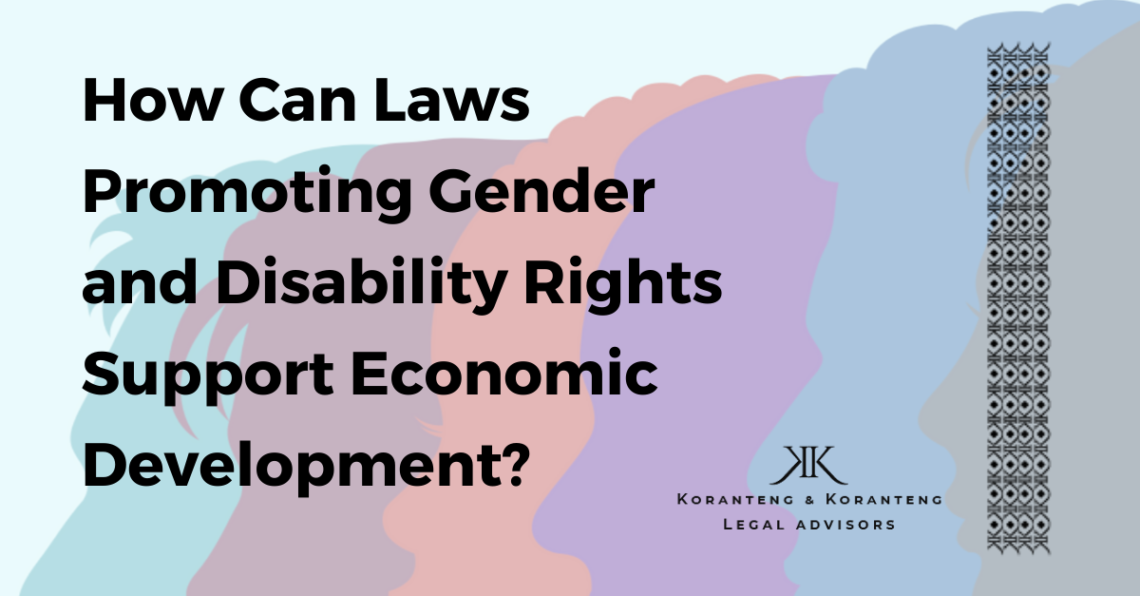
How Can Laws Promoting Gender and Disability Rights Support Economic Development?
Introduction
Very often, persons living with various forms of disabilities are denied fundamental freedoms and basic socio-economic opportunities because of the traditional notion that their impairments render them unproductive and fruitless. Gender inequality is a social state whereby boys and girls are not treated as equals due to a distinction in their biological, psychological, or cultural make-up. Gender inequality with reference to persons living with disabilities (hereinafter referred to as PWDs) has been a global challenge especially in developing countries in spite of existing laws that seek to protect these persons deemed to be vulnerable and less privileged. This has adverse effects on the individuals themselves and increases their dependency on government which gradually impedes economic development because they do not work to fend for themselves or they are left in isolation due to social stigma. This paper, therefore, discusses the relationship existing between disability rights and economic development and suggests that effective legislation, when it comes to gender and disability can reduce dependency rate on governments, increase countries’ eligibility to foreign aid, ensure effective skill acquisition and training as well as increase government revenue to boost economic development.
Gender and Disability
The World Health Organization defines “gender” as “the socially constructed characteristics of women and men – such as the norms, roles and relationships that exist between them”. It is derived from the Latin word “genus” which means
race or kind. People who do not describe themselves as either masculine or feminine refer to themselves as non-binary, agender, genderqueer, or bigender. Gender may also be influenced by legal status, social interactions, public persona, personal experiences, and psychological setting. It is trite that people are sometimes “bullied” or discriminated against based on their gender statuses (with the feminine mostly being the victim).
“A disability is any condition of the body or mind (impairment) that makes it more difficult for a person with that condition to do certain activities (activity limitation) and interact with the world around them (participation restrictions)”. Persons with disabilities include those who have long-term physical, mental, intellectual or sensory
impairments which in interaction with various barriers may hinder their full and effective participation in society on an equal basis with others. In as much as gender inequality affects a lot of people in Africa and even worldwide, people living with disability face greater challenges with reference to their rights. This is simply because such persons suffer from impairment, activity limitation or participation restriction.
Source: Ms. Gloria Korankyewaa Nyarko
